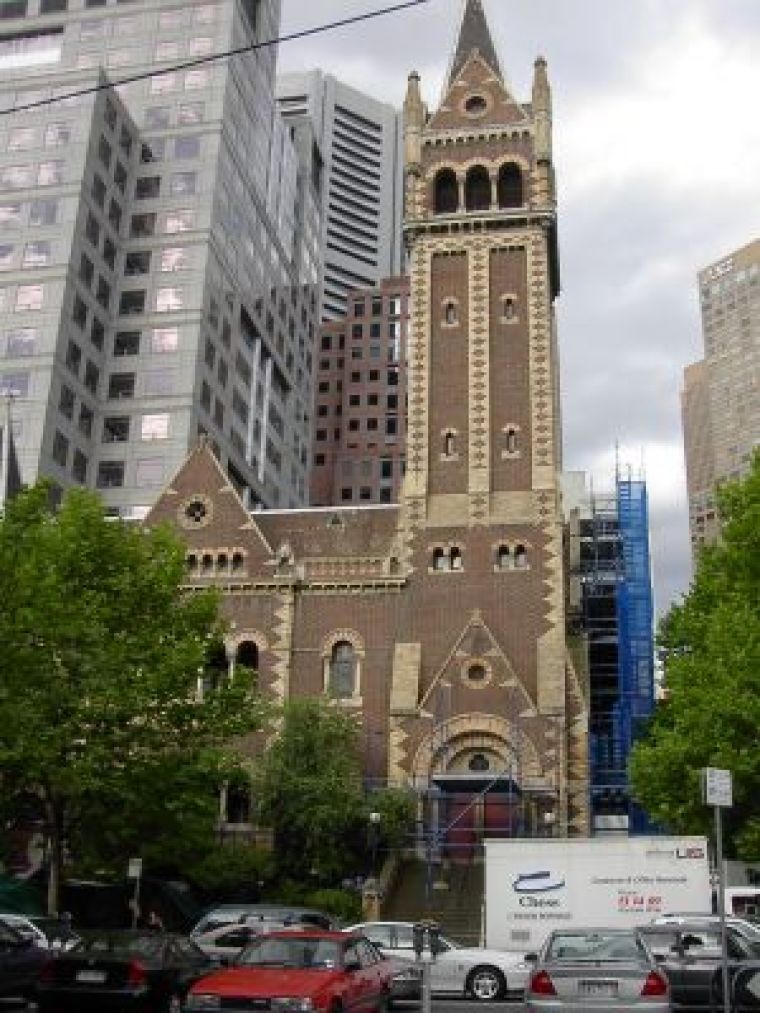
In a scathing indictment of Australian churches, Reverend Dr. Peter Sellick, who had held various positions within the Anglican and Uniting Church, said that they continued to 'founder' not because of its management but rather it was the deal made in the past with the state.
Describing Australian churches as a church without martyr, he wrote in the Online Opinion e-journal that the church and state made a curious deal where religion in this country would be taken out of the public sphere, which is political sphere, and instead be placed in the private sphere.
"Part of this came about by means of a curious deal. It was said, following the religious wars that raged throughout Europe after the reformation, that religion in the public sphere was dangerous and a threat to peace," he wrote.
"Aided by a church that was losing its focus it was thought that the proper place for religion was not the public sphere, that is the political sphere, but the private … which (is) between the individual and God and should not be exported into the public sphere for that will only cause trouble."
He continued saying what the church need to grow is not church growth gurus, mission statements or strategic plans but rather it is their identity. The only hope for them, he said, was in Jesus Christ.
"Our only hope is the church, staggering, struggling, confused and fearful but bearing the only source of hope, Jesus Christ before whom kings will shut their mouths," he said.
In 2006, even though the number of Australians who identified themselves as Christian had grew from 12.6 million (from 2001) to 12.7 million, but the total population overall who follows Christianity has fallen to 64 percent from 71 percent (in 2001).
The National Church Life Survey (NLCS) conducted, which had been described by the Age publication as 'believed' to be the biggest survey after the real census, found that there was an overall decline in church attendance by 7 percent in 2001.
In the same survey, they reported that 8.8 percent of the total population nation had attended weekly Sunday service (down from 9.9 percent in 2006).